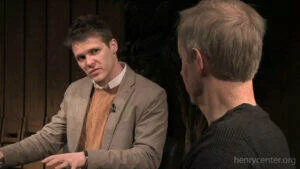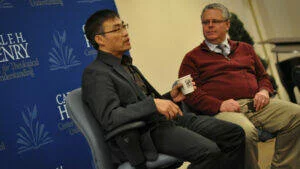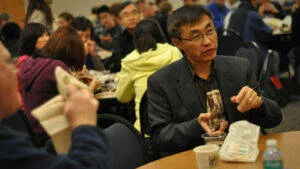Erasmus Sarcerius (1501-1559) was a Lutheran superintendent, educator, and pastor, known particularly for his role in the organization of numerous regional churches in Germany. As he considers the gifts of Christ discussed in Ephesians 4:7-16, Sarcerius argues that church offices and ministries must be matched with those who hold corresponding spiritual gifts in order for them to be fruitful.
The Different Gifts Serve a Common Purpose
The purpose of this distribution is that you will know that in the church there are different gifts and functions, but in spite of their variety, they are all given with one end in mind. Offices and ministries in the church ought to be assigned according to the diversity of gifts. If someone is appointed to an office or ministry for which he has no gift, that person will never succeed in his office or ministry.If someone is appointed to an office or ministry for which he has no gift, that person will never succeed in his office or ministry. Nowadays offices are given to anyone and everyone, so it is no wonder that things do not turn out well, nor can they, since a person who does not have the gift will never be able to perform the office committed to him.
The apostles are those who were sent by Christ himself to preach the gospel throughout the world, to confirm it by evident miracles and to bear witness to the resurrection of Christ. From that it is obvious what the gift of apostleship is. Prophets are those who have the gift and ministry of interpreting Scripture, which depends on the analogy of faith. Evangelists are people who have the gift of comforting consciences with the gospel and who know how to handle the teaching of the gospel as it ought to be handled. Pastors are those who govern and shepherd [churches] by the Word, who chase away wolves, false teachers who come in sheep’s clothing. They are people who have the gift of ruling and shepherding churches by the Word and of chasing away and removing the wolves, who are the false teachers.
Teachers are those who simply teach the Word in the church, and those who have the gift of teaching in the church should not be weighed down with other cares and responsibilities. To teach is to follow a method, so whoever teaches must clearly and logically explain what things are, where they come from, what they are made of, what they are for, what their effects are and what is incompatible with them. There are many who preach but few who teach. Paul only mentions a few of the gifts and ministries in the church, although in fact there are many more than this.








Comments
Be the first one to make a comment!